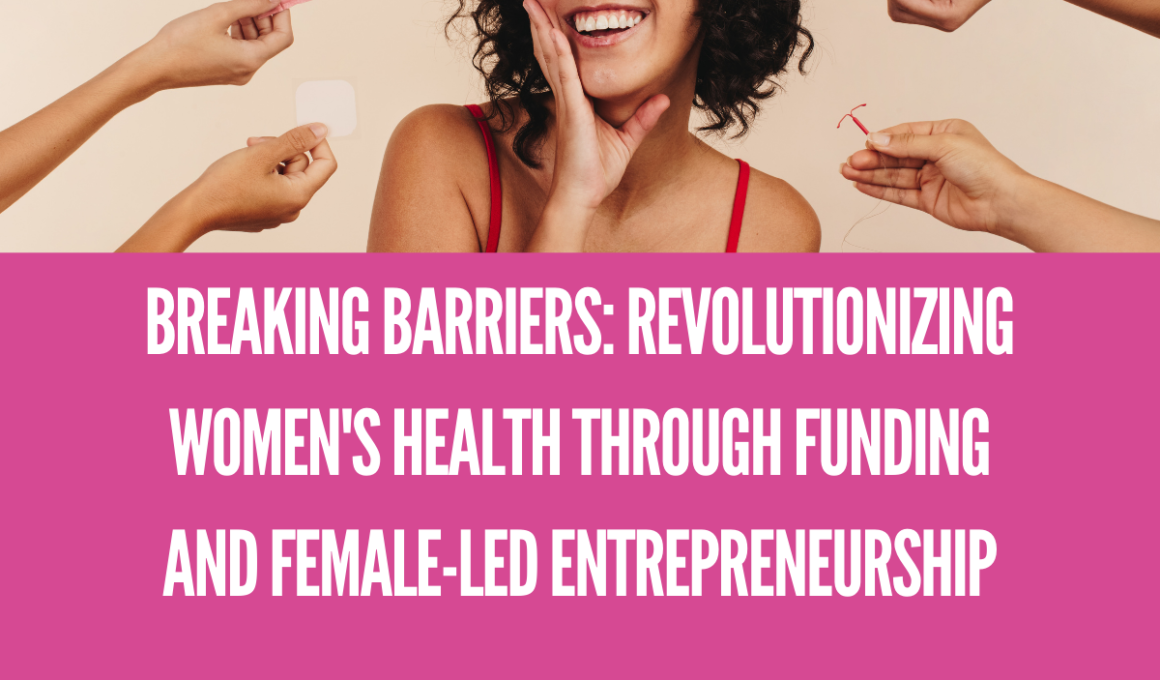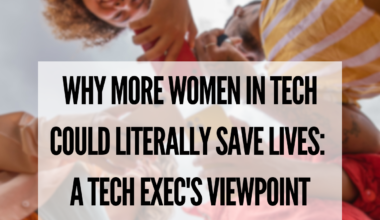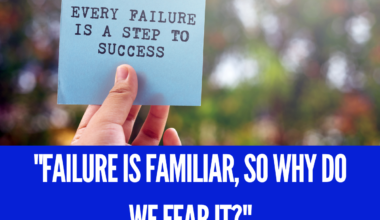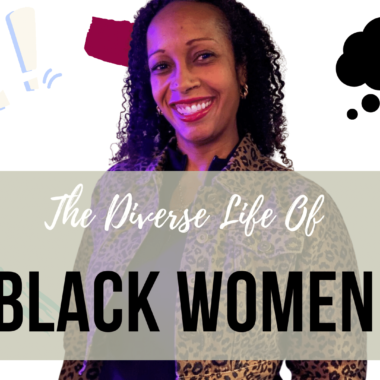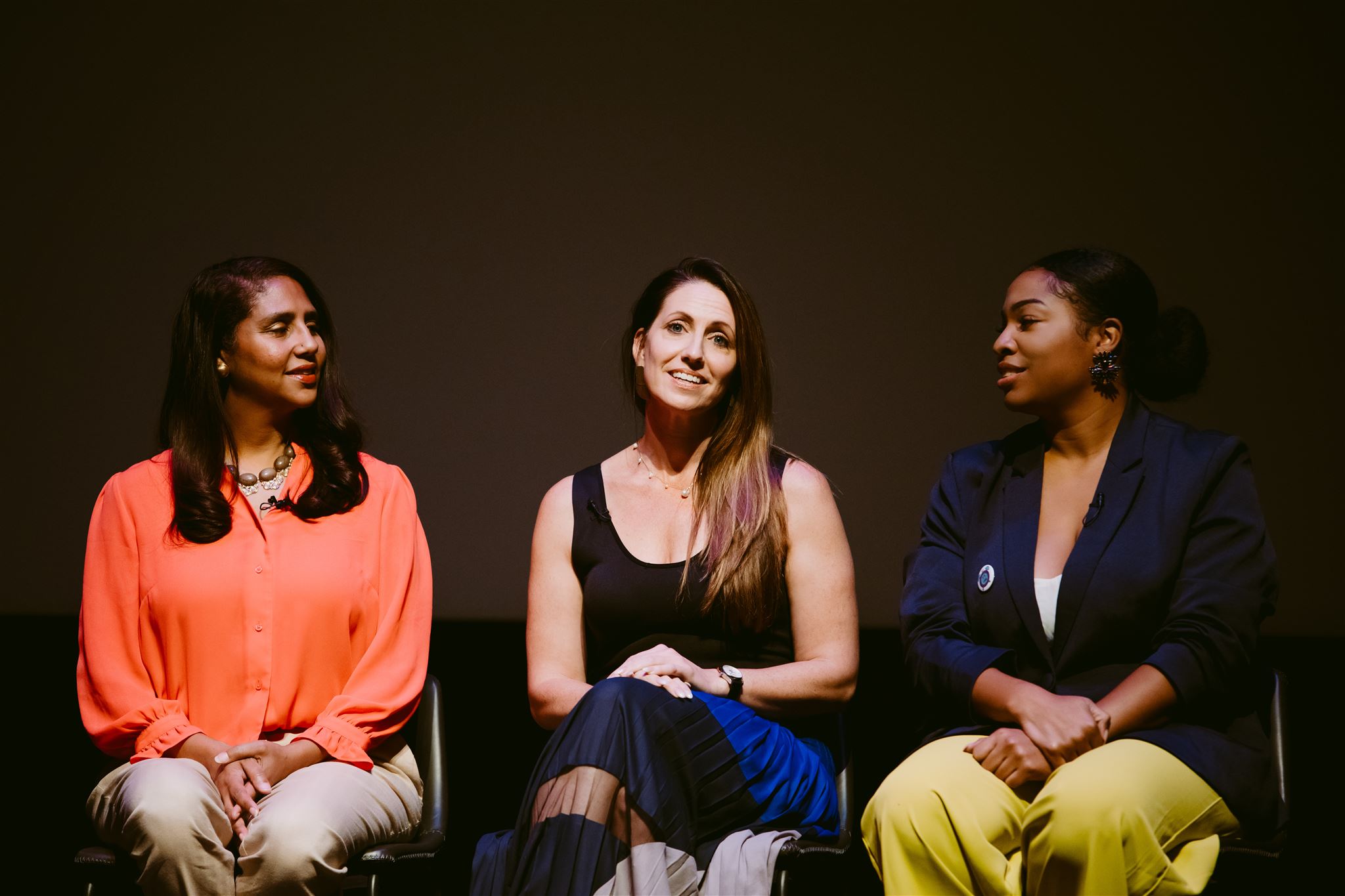by Gloria Kolb
Table of Contents
A long-awaited revolution is happening in women’s health, led by innovative female entrepreneurs reshaping the landscape of health tech. This new frontier of female-led companies is coming on the heels of years of frustration from women not being heard or seen by the medical and investor community.
From femtech startups to women’s health initiatives, women are stepping forward with resilience, creativity, and determination to pave the way for a healthier future for all.
The Need for Breaking Barriers in Women’s Health
After I gave birth to twins — that’s 13 pounds of baby! — I realized that I had a problem many other women face after giving birth: bladder leakage. Also, like many women, I was embarrassed and frustrated by the problem.
The available solutions to this very common, age-old issue were down right appalling. The only treatment available was vaginal devices that required one to lie down and take 20 minutes out of their day to get treated. With two newborns and a busy schedule, I didn’t have the time or desire for something so invasive.
Often, innovation is born from frustration. With women often being examined too quickly by doctors who aren’t asking the questions, there is often little understanding of the practical aspects of treatments recommended. For example, a mom with toddlers in tow cannot go to weekly pelvic floor physical therapy sessions. There has been a rallying cry in recent years for redefining the healthcare game.
One-third of women experience leakage, often due to giving birth, pelvic-floor trauma, menopause, or chronic UTIs, and yet, options for care were limited. It essentially felt as if the medical community was telling us surgery was the answer and that vaginal devices that take up your time (especially when they were made pink and purple) was what all women wanted.
I introduced Elitone as a way for women to regain their confidence and have another, more tech-informed, less invasive option for urinary incontinence care. The device is engineered to stimulate the pelvic floor muscles to contract, and the treatment can be done while dressed and active at home, saving women time and frustration.
Of course, I have been told that if Elitone was such a great invention it would have already been done, but inventions like this have also typically been introduced by male engineers, rather than female engineers who understand the encompassing issues those inventions aim to solve. The healthcare industry is currently witnessing a surge of female-led initiatives, products, and services due not only to necessity but to female innovators seeking to put an end to being ignored.
I introduced Elitone as a way for women to regain their confidence and have another, more tech-informed, less invasive option for urinary incontinence care.
The Funding Gap
Breaking barriers in any field is not without its significant challenges. The funding gap for female-led startups remains a formidable obstacle for many, but ventures in the realm of women’s healthcare receive a double-whammy of funding problems. Not only are their ventures underfunded, but research into women’s health is also underfunded. It’s a herculean feat to overcome for female-led companies seeking to change the healthcare landscape.
Currently, only 2% of venture capital funds go to women-led startups. Even though women have fought hard for a seat at the table, the needle has not moved quickly toward a more equitable landscape. Women’s health has been considered “niche,” or not profitable for investors because they don’t understand the issues women face. After telling 50 male investors in a pitch event that one-third of women have this problem, I later heard that the discussion was around whether bladder leaks for women was ‘even a real problem’ since they had never heard it was an issue!
My company recently completed its Series A funding round, a position we feel fortunate to be in and one that many female-led ventures never reach. However, this milestone only came after we already had partners, two FDA approvals, and break-even sales.
Revolution Through Funding
Funding more female-led healthcare companies isn’t just a sound investment strategy but a strategic move toward revolutionizing the entire healthcare landscape — especially for women. Female entrepreneurs can bring about transformative change through innovation, insight, and if given the financial resources necessary to bring their ideas to fruition.
Diverse perspectives are going to offer diverse solutions. My experience with the healthcare community proved that diverse solutions were few and far between, especially for issues that only affect women.
Women’s health is a complex domain, and having female-led perspectives at the helm can lead to a more comprehensive understanding of issues and better solutions.
There are a wealth of unmet needs in women’s health. By shining a spotlight on the need for funding of women-led initiatives in the healthcare space, those needs can be addressed by the people who have firsthand experience with the medical community from a female perspective.
Women’s issues in the healthcare space need awareness and destigmatization. The funneling of funding toward women-led ventures will contribute to spreading awareness and the necessary destigmatization of women’s issues.
Incontinence is not just a women’s issue, but my prediction is that as soon as we produce a treatment for post-prostatectomy incontinence, funding will no longer be a problem.
According to a recent report from the World Economic Forum, closing the health gap women face globally could lead to a 1.7% increase in per capita GDP, and concludes that every $1 invested in women’s health potentially unlocks $3 in economic growth.
When putting women-led healthcare needs and funding for women-led ventures under a microscope, one resounding truth emerges: there is transformative power in investing in the female visionaries who are currently reshaping the future of women’s health. The funding of women-led ventures will create a needed seismic shift in the status quo. The journey may be in its infancy, but the destination promises a healthcare landscape that better recognizes female vision and better serves women’s health.
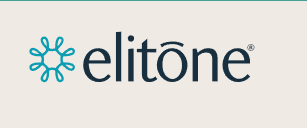
About Gloria
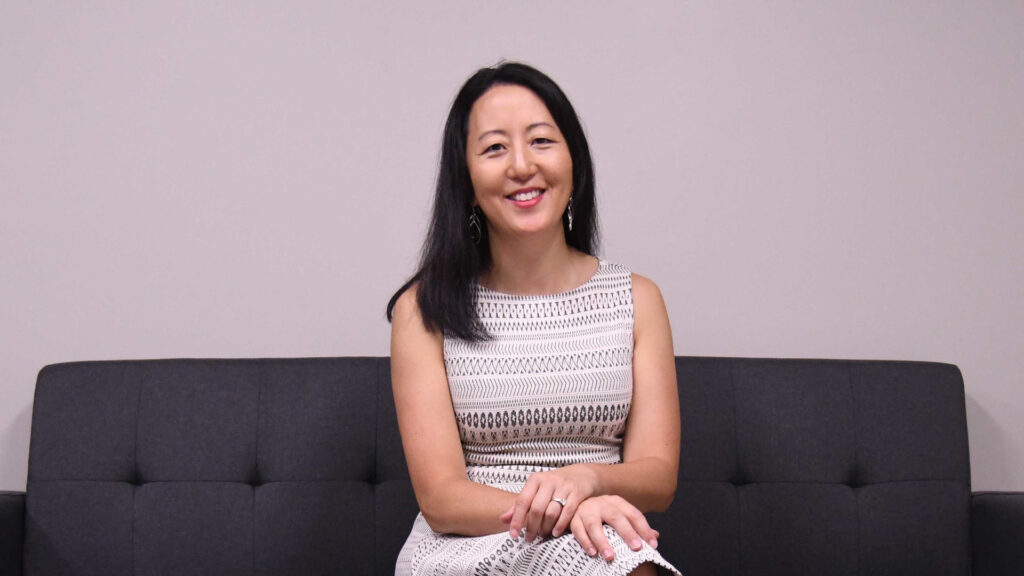
Gloria Kolb is the Co-Founder and CEO of Elidah, Inc, maker of ELITONE which is the first non-invasive wearable treatment for millions of women with incontinence.
She is a serial entrepreneur and inventor with more than 25 patents, whose designs have led to prestigious awards including Boston’s “40 under 40” and MIT’s “World’s Top Innovators under 35”. She has degrees from MIT and Stanford University
